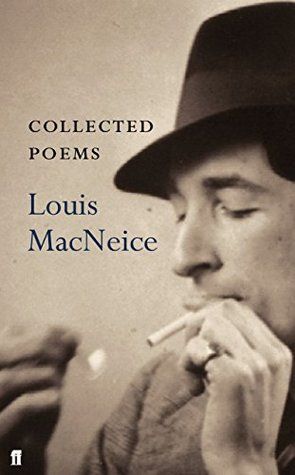BLACK HELEN OF TROY
If true the casting of a Black woman, Lupita Nyong’o, by the director Christopher
A friend (Dr Shell) reminded me yesterday that Ash Wednesday readings include these kernel of treasures into God's infinite mercy.
Joel 2:13 :

Slow to anger? So God does anger, but in slow a manner? And the psalmist says He doesn't dwell on anger for He knows we're like feeble grass, here today and dried tomorrow.
There's transcendental tenderness about God's love that stands above human frailties, which refuses to be dictated or provoked by them. Weak theology calls this unconditional love. But God's love is conditional, otherwise sin (refusal to accept God's Love) is meaningless. For the blossoming of authentic life in us is in the acceptance of God's Will, the only true Reality there is. Hence, in St Irenaeus' words, the glory of Gody is man fully alive. So transcendental, not unconditional, is a better word for God's Love that refuses to be dependent on our reactions to it. God can disagree with our ways but still love us to the Cross anyway, that is, into accepting the PAIN our refusal to love causes God.

On the human romantic level this is demonstrated by Louis MacNeice, the Irish poet who wrote poems of profound tenderness and floating wisdom. MacNiece, for me, qualifies to be called the greatest poet of the nineteenth century. He's more popular for The Letters From Iceland he coauthored with W.H. Auden who was his companion on that journey.
Most of MacNiece's poems, especially those of shuttering love, were written in response to his breakup with Nancy Spencer whom he had cohabited with before she dumped him and moved out of their flat. The 'hers' in this poem is Nancy:
The tingling tenderness of these two passages is symptomatic of his writings. His poems are mini novels that tell a story, with glorious simplicity, rhythms, momentum, alliterations and flaming mortality. Only ancient classical literature surpasses him in iconographies of thought and depth of emotion that transfigures the mundane into a thing of wonder through preternatural energy that infuses language with silent zest and exotic strangeness.

When Nancy was sent MacNiece's book of poems about her she slightly mocked his obsession with her on a radio interview. She said it was part of the reasons why 'living with Louis had become a little claustrophobic for me.'
The radio station, spotting opportunity for a witty rebuff Louis was known for, sent him the recording. He turned down their invitation to reply. But in the private of his home he responded with a resigned and warm devastating poem whose best qualities is in nostalgic kindness, a surprisingly soft tone that lacked rancour and vindictiveness towards her though she had stooped so low as to laughingly say he had a horses's long face. This is an excerpt of his reply that was later included on his Autumn Journal collection of poetry:

So this is what Lent must teach us also: To groom the lice (sins) of our live's coats without rancour. To remove our own tinder on the battle of Wills. To cease fire on the war of point of views. What needs changing will be changed by time that transforms everything even if without improving them sometimes. We must be Dear, even against our judgement in imitation of God's transcendent Love, especially when it deeply hurts us to be. Not to shy away from the twins: Love & Pain.